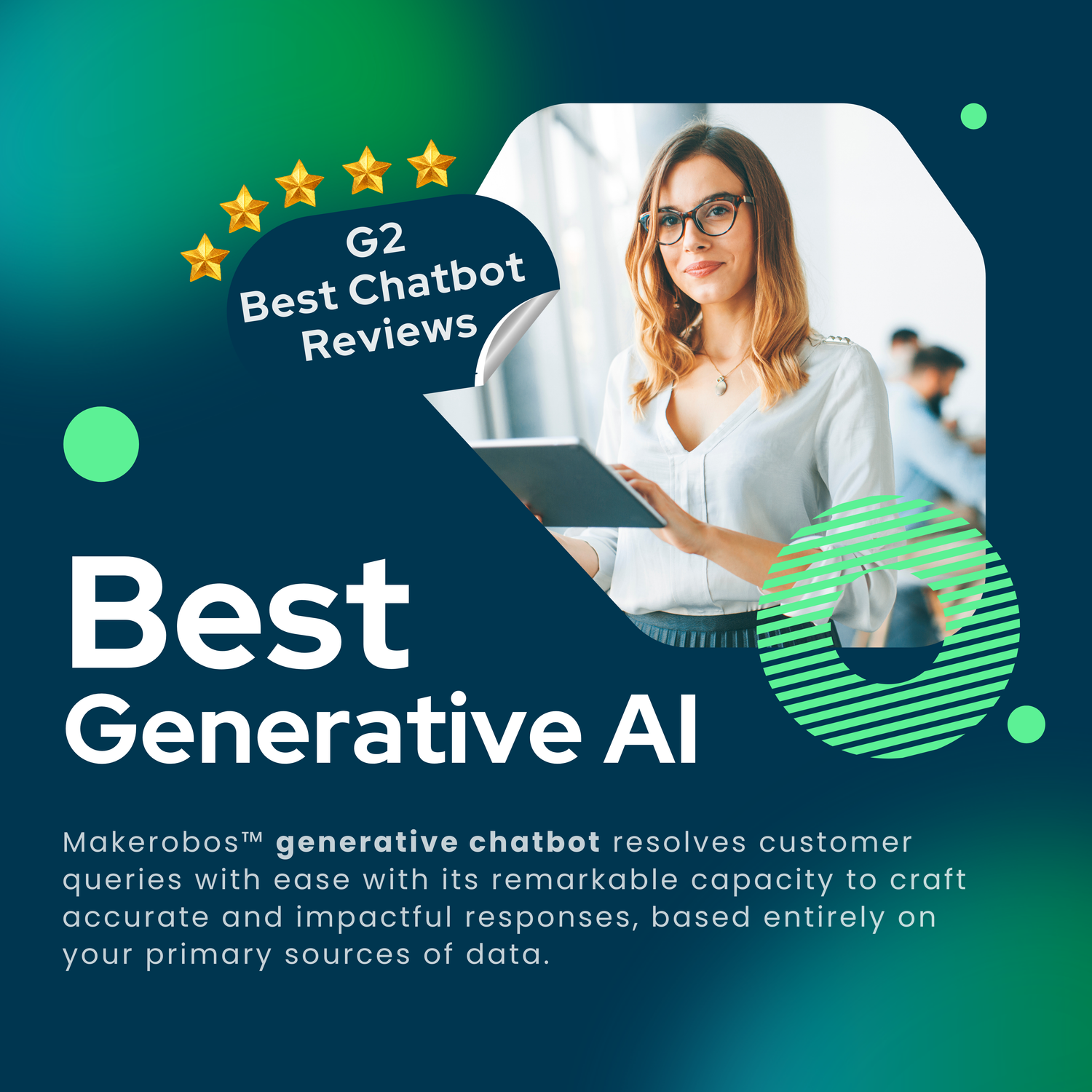It is the goal of every business organization to increase its profitability while cutting down their operational expenses. Companies do this by finding and implementing new ways to increase efficiency, maximizing all their resources, and optimizing their existing processes. By adopting and utilizing artificial intelligence software, businesses are able to do all that and more, enabling them to take huge strides towards that goal.
Related must-reads:
50+ Perfect System Prompts for Creating Generative AI Chatbot
The Rise of Chatbots and Their Role in the Future of Business
Best AI Chatbots of 2024 : A Comprehensive Guide to the Top Platforms
A recent survey by NewVantage Partners reported a big spike in companies shelling out $50 million or more in AI investments. According to the study, the percentage of enterprises spending such amounts on their AI and Big Data initiatives has increased to 64.8% in the first couple of months of 2020 from just 39.7% in the previous year.
That said, AI implementation has been slow in a number of sectors. A 2019 report by Genpact Research found that only 13% of businesses in the finance sector use AI to enhance and automate multiple business processes. The lack of AI expertise is cited as the major barrier to fast and comprehensive AI adoption and implementation.
But considering how AI is changing business dynamics in a grand, unprecedented way, almost everyone is in agreement that AI is indeed the future of business. Here are some of the reasons why.

1. Increased Efficiency and Productivity
One of the undeniable benefits of artificial intelligence in business is how it enhances efficiency across all levels of the organization. With AI running in the background, systems not only automate time-intensive processes but also make crucial decisions and perform business-critical actions autonomously, like automating Google Ads or scheduling client appointments without any human involvement.
The majority of businesses that have implemented AI enjoyed a tremendous increase in productivity. According to the state of Artificial Intelligence in 2020, 54% of business executives surveyed reported better productivity after AI adoption and implementation. The same study cited 80% of business leaders saying AI helped enhance worker productivity.
2. Fewer Human Errors, Better Engagement
AI-powered business solutions, particularly chatbots, are integrated with machine learning and natural language processing (NLP) capabilities. This means it can learn meaning based on semantics, context, and stress. Such features enable chatbots to initiate conversations with humans and respond with humanlike quality, driving engagement and increasing potential for revenue.
Aside from increasing efficiency, AI significantly reduces instances of human errors, especially in processes and tasks that require precision and focus. Fewer errors mean more tasks are done, saving time and resources while driving down operational costs.
3. Safer Workplaces
There are certain industries where the risks of accidents and injuries are extremely high. Examples of these sectors are construction, mining, manufacturing, transportation, and military. But with the rise of AI and its projected massive adoption, experts are confident it will improve the safety and security of workplaces and bring down work-related accidents and injuries.
For instance, AI can be implemented to analyze construction sites to determine high-risk areas through a combination of machine learning, algorithms, real-time images, and videos. According to the 2019 MIT Technology Review, by identifying which zones present a significant danger to workers, employers are able to make the necessary precautions to minimize, if not eliminate, the risks.
Truck drivers also benefit from AI. Systems and sensors onboard the truck can track and capture activities inside the cabin, as well as monitor speed, fuel consumption rate, even the temperature both outside and inside. AI can detect if the driver is erratic and displays signs of stress or is under influence.
Critical events such as harsh braking, sudden turning, and driving off-route will immediately activate security protocols like sounding the internal alarm, alerting the authorities, or in extreme cases, taking full control of the vehicle and pulling to a stop. This ensures no harm comes to the driver, his passengers, and the motoring public.
Affordable AI is in The Future Too
The growing impact of AI on business has grown beyond palpable. Artificial intelligence is almost everywhere, from analyzing business data to interacting with customers in humanlike conversations to autonomously making business-critical decisions and more. However, many organizations are still not jumping on the AI bandwagon just yet.
Apart from AI expertise, another barrier that stops businesses to go all the way with artificial intelligence is the cost. Custom AI systems are priced between $6,000 to $300,000. Third-party AI solutions range from free to a whopping $40,000 a year. For startups and SMBs, those figures represent a significant portion of their revenue, understandably fueling their hesitation to invest significantly in AI.
But that will soon change. The emergence of artificial intelligence in business also attracted a host of tech companies seeking to make a breakthrough (and money) in the AI market. From 2015 to 2018, the number of AI startups has increased by 113%, according to the 2018 AI Index Report.
The stiffer competition will compel AI tech players to lower their prices, empowering businesses with limited financial range to invest in AI. If this trend continues, it won’t be long before AI, once a technology available to giant corporations with deep pockets, becomes a staple fixture for all organizations across every business sector.


